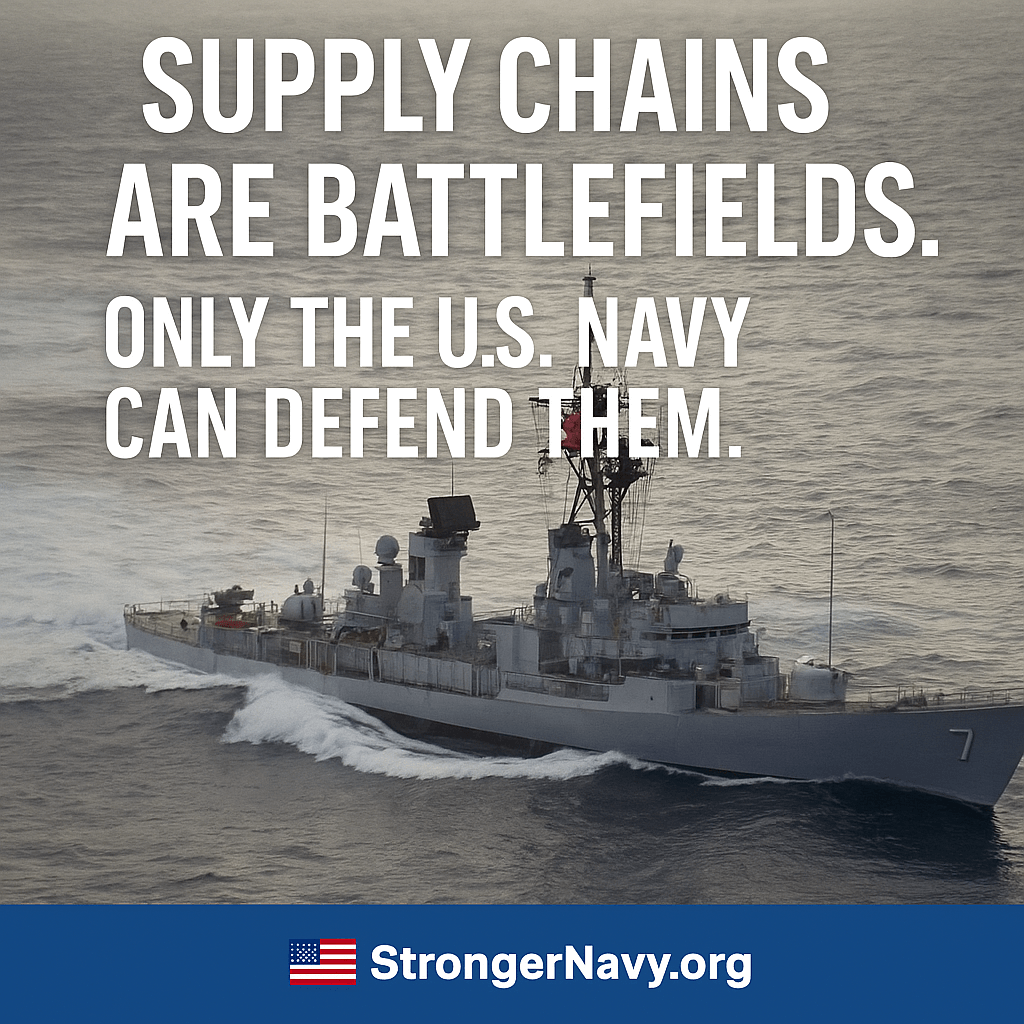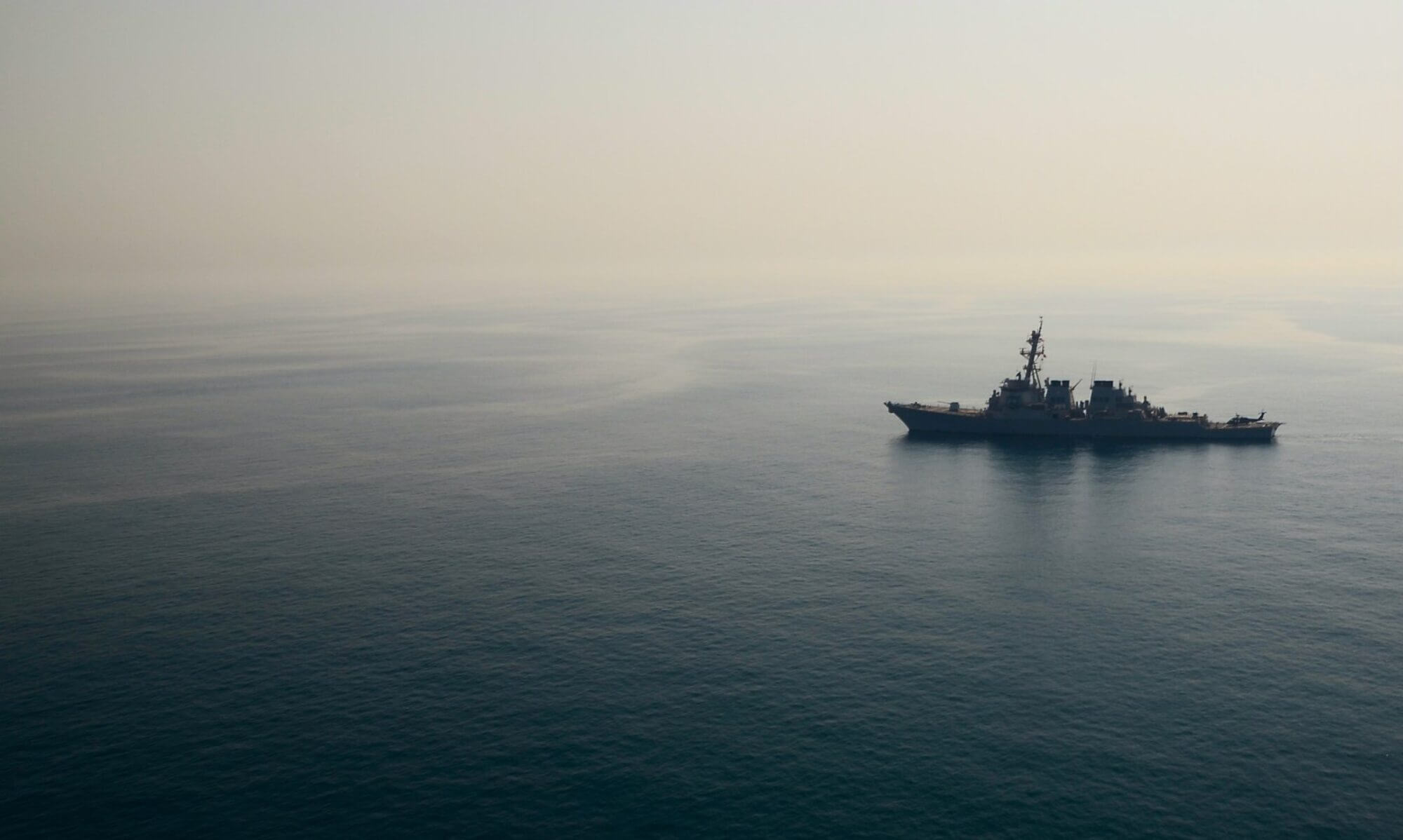

To the Editor and Mr. Jesse Humpal,
Your recent commentary, “Supply Chains Are Critical Infrastructure. It’s Time U.S. Policy Caught Up,” correctly identifies supply chains as battlefields targeted by America’s rivals. But while you focus on new legislation and bureaucratic reforms, the real lesson of Maersk, Colonial Pipeline, and Nord Stream is not just a lack of resilience—it’s that corporate offshoring created a moral hazard. For decades, profits were privatized while risks were socialized. Now taxpayers are being asked to underwrite the fallout.
The True Cost of Externalized Risk
Maersk, Colonial Pipeline, and Nord Stream all exposed the same vulnerability: companies prioritized efficiency and profit over redundancy and security. When their fragility became a national crisis, it was the government—and by extension, the American taxpayer—that had to absorb the cost. Legislation like the CHIPS Act or a pharmaceutical reserve may help, but these measures are ultimately subsidies for corporate strategic failures.
The Navy as a Necessary Public Good
The U.S. government should not exist to de-risk private balance sheets. Its mission is to deter adversaries. And only the U.S. Navy has the reach, capability, and mandate to secure the sea lanes, ports, and subsea infrastructure that underpin 90 percent of global trade.
- The inherent conflict of interest: CEOs answer to shareholders, not to national security.
- The Navy as the ultimate hedge: no private firm will pay to safeguard global commerce; that burden falls on the fleet.
- Deterrence through capability: a dominant Navy ensures freedom of navigation, secures subsea lifelines, and guarantees the supply lines needed for both commerce and force projection.
Congress Must Do More
Congress should pass the Promoting Resilient Supply Chains Act, but it must not mistake legislation for deterrence. Protecting the arteries of our economy requires a stronger, larger, and better-resourced Navy. Anything less is subsidizing failure.
That’s why we launched Charting the Course: Voices That Matter — a 24-part educational series breaking down how we got here, what went wrong, and what must happen next. Our mission is simple: educate the public, connect the dots, and build the support needed to close the readiness gap before it’s too late.

